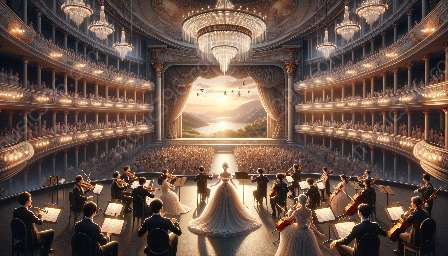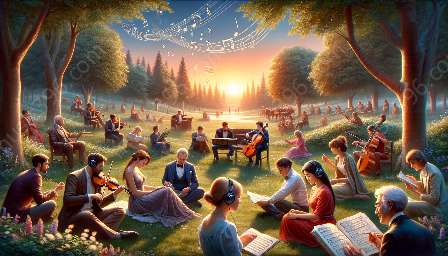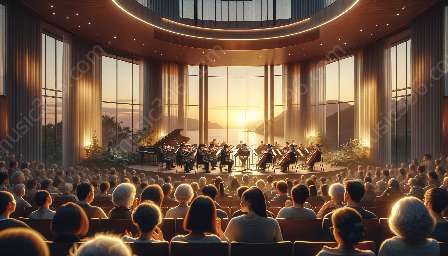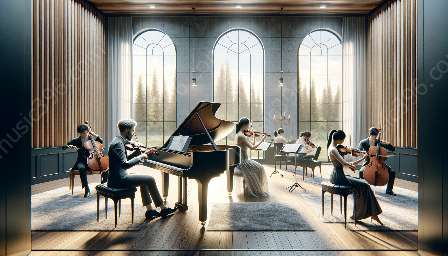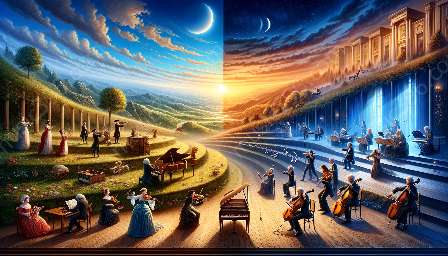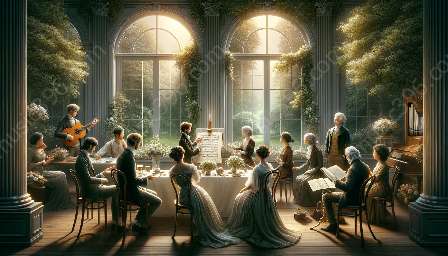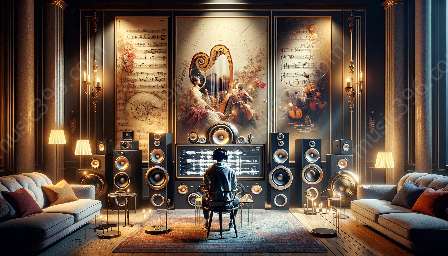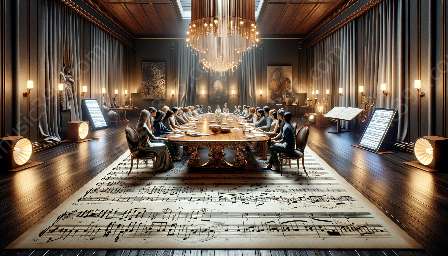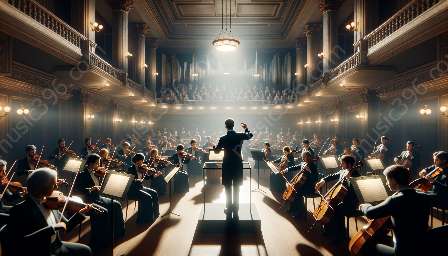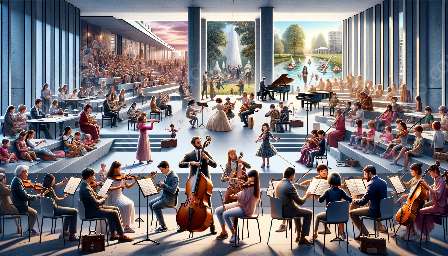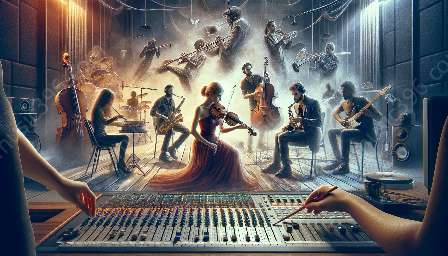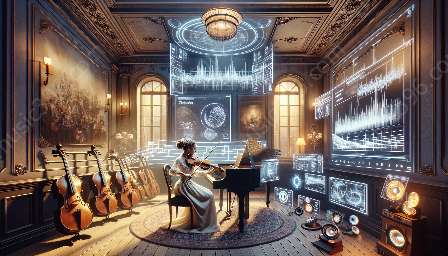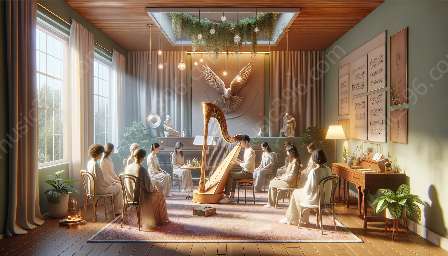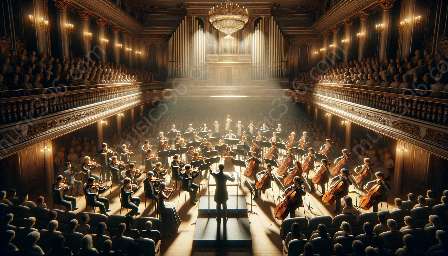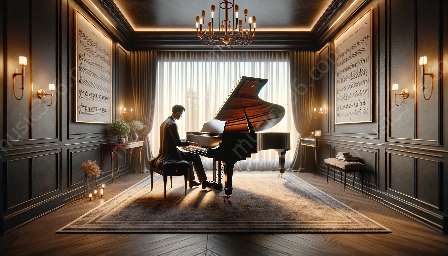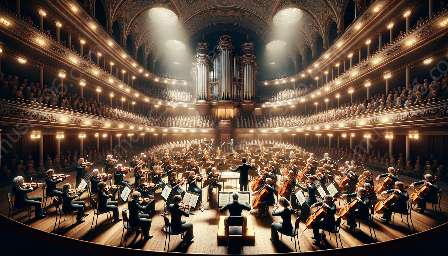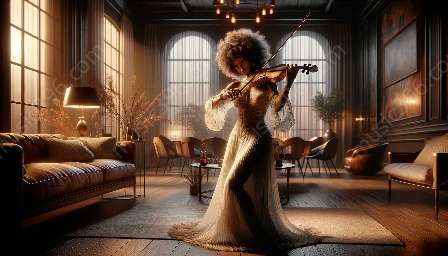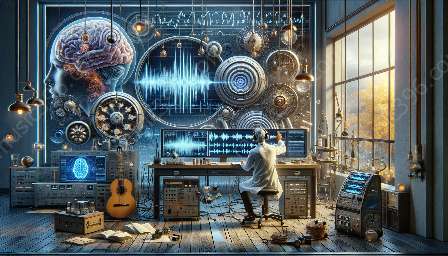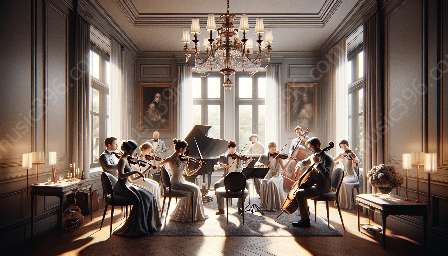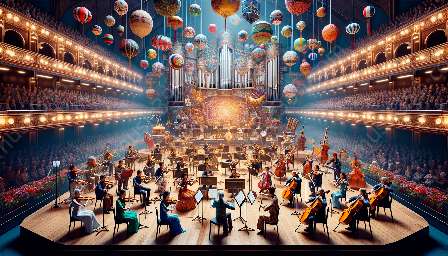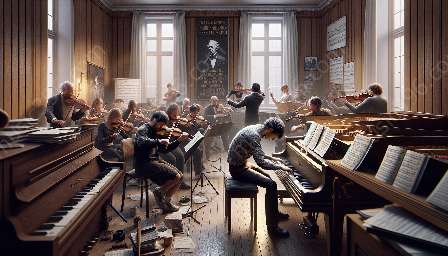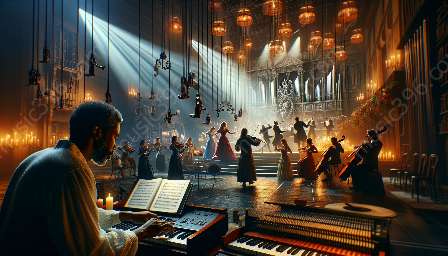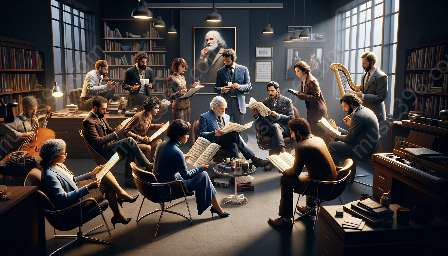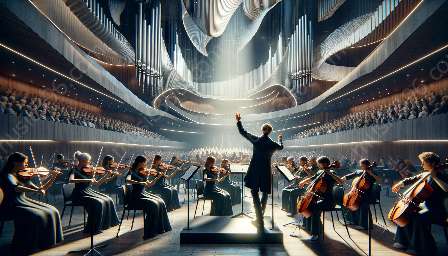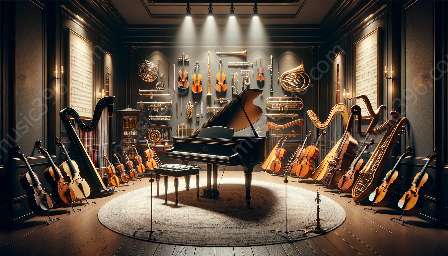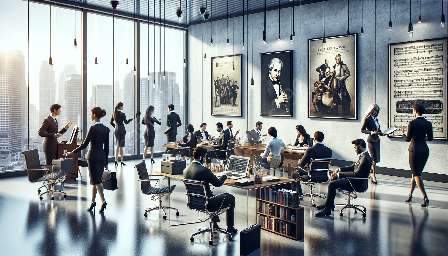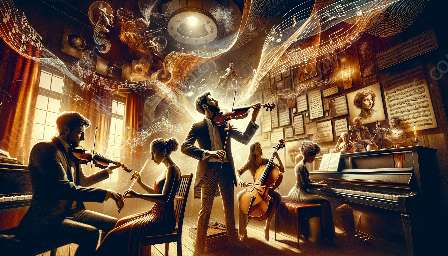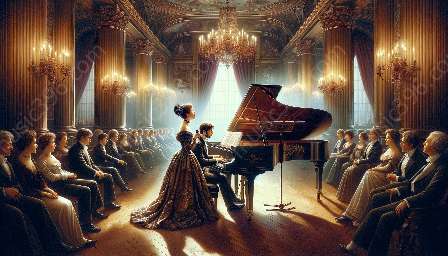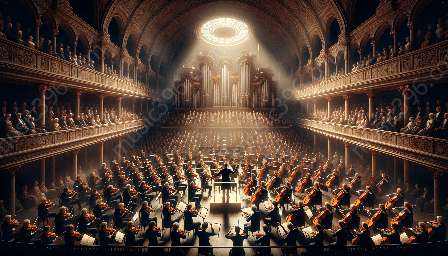Classical music has a rich history that is deeply intertwined with the support and patronage of individuals and institutions. Throughout the ages, patrons have played a crucial role in the development, promotion, and sustenance of classical music, shaping its trajectory, and influencing the works of composers. From the Renaissance to modern times, patrons have been instrumental in the cultivation and preservation of classical music, fostering an environment that allowed it to flourish.
The Renaissance and Baroque Period
Influential Patrons: During the Renaissance and Baroque periods, wealthy and powerful individuals, as well as the Catholic Church, were among the most significant patrons of classical music. They commissioned works, provided financial support to composers, and established institutions such as courts, churches, and opera houses that served as platforms for musical expression.
Impact on Music: Patrons of this era, such as the Medici family in Renaissance Italy and the royal courts of Europe, contributed to the creation of masterpieces by supporting the likes of Palestrina, Monteverdi, and Vivaldi. The patronage of these esteemed figures not only facilitated the composition and performance of music but also influenced the aesthetic standards and stylistic characteristics of the music produced.
The Classical and Romantic Period
Change in Patronage: With the transition into the Classical and Romantic periods, the nature of patronage evolved. While noble courts and the church continued to support composers, a burgeoning middle class and the establishment of public concert halls introduced a broader base of patrons, expanding access to and participation in classical music.
Notable Examples: Prominent composers like Mozart and Beethoven relied on the support of patrons, including aristocrats and music-loving individuals, for their livelihood and the dissemination of their works. Beethoven, in particular, received patronage from various sources, including Archduke Rudolph and Prince Lobkowitz, who aided the composition and performance of his iconic symphonies and chamber music.
Social and Artistic Impact: The changing dynamics of patronage during this era further diversified the themes, forms, and tonal language of classical music. Composers were often encouraged to innovate and experiment, responding to the demands and preferences of their patrons while also challenging established conventions.
The Modern Era
Transition to Public Funding: As classical music entered the modern era, patronage transitioned towards public funding, individual sponsorships, and philanthropic organizations. Government support, corporate contributions, and private endowments emerged as vital sources of patronage, enabling the continued exploration and dissemination of classical music.
Diverse Support Networks: In contemporary times, arts foundations, educational institutions, and performing arts centers have played a pivotal role in shaping the accessibility and diversity of classical music. They have facilitated the creation of new works, the training of musicians, and the organization of festivals and competitions, fostering an environment where classical music can evolve and thrive.
Reflection on Artistic Expression: The impact of patrons in the modern era extends beyond financial assistance, encompassing advocacy, curation, and the cultivation of audiences. Their contributions have contributed to the preservation and expansion of the classical music repertoire, while also nurturing the talent and creativity of emerging and established composers.
Conclusion
Enduring Influence: Throughout the history of classical music, patrons have been integral to its development and endurance. Their support and patronage have not only facilitated the creation and dissemination of masterworks but also shaped the cultural significance and artistic innovations within the classical music tradition.
From the opulent courts of the past to the contemporary patronage networks, the influence of patrons on classical music remains a testament to the enduring relationship between the arts and those who champion its continued vibrancy and relevance.

